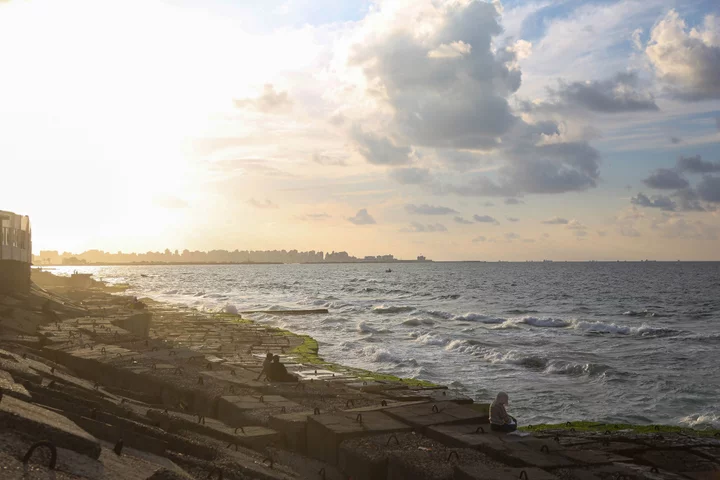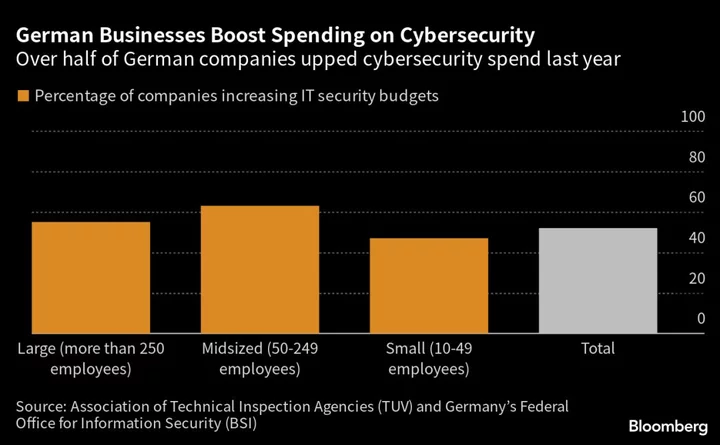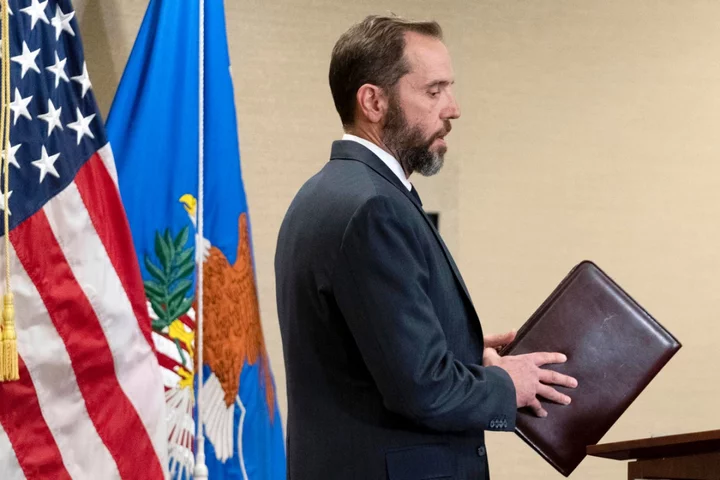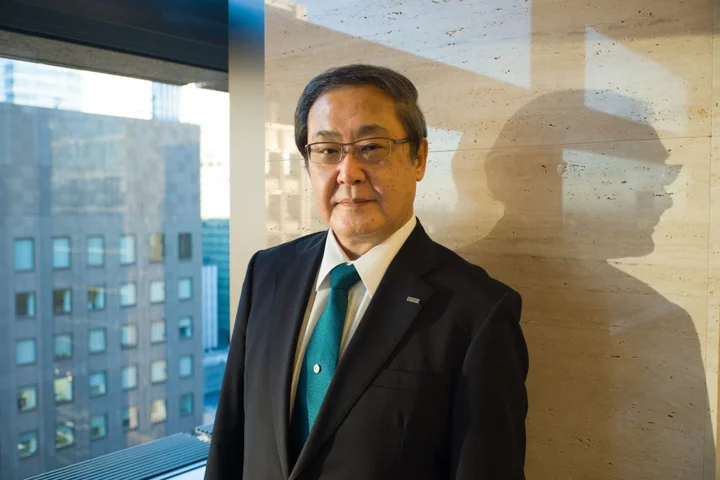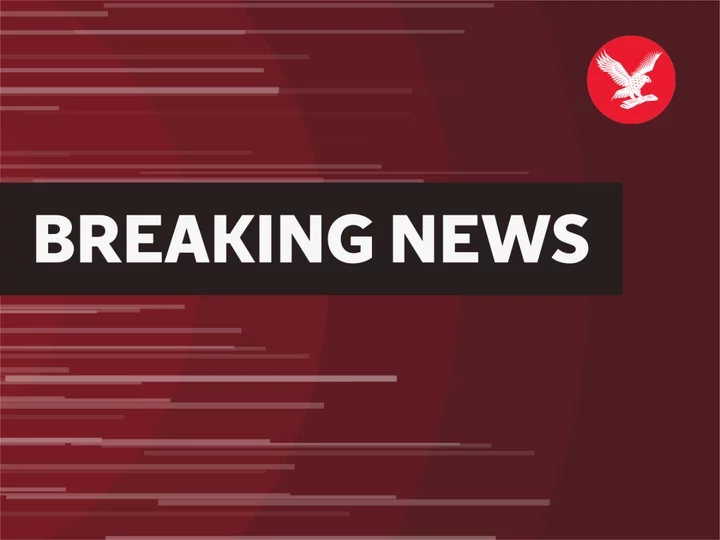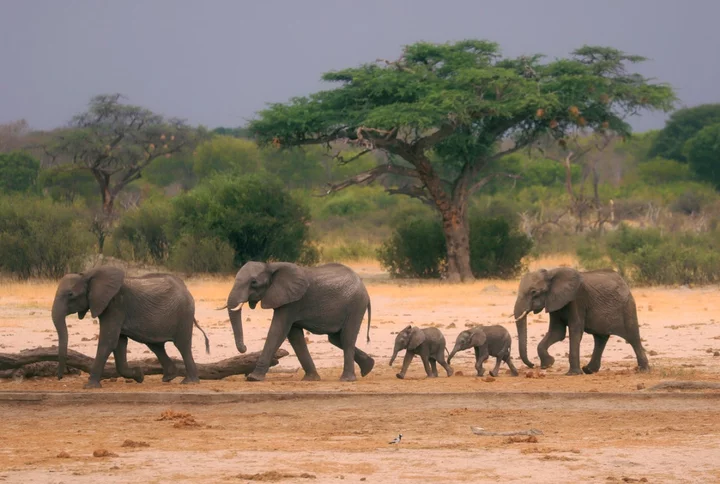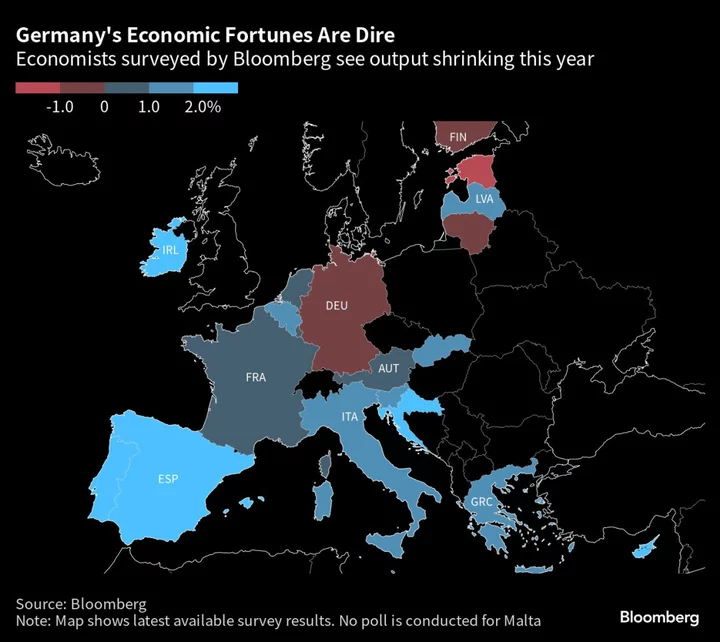The Asian Infrastructure Investment Bank, a multilateral development bank, is in talks to guarantee a climate-related bond being issued by Egypt, said AIIB President Jin Liqun.
“We’re working with one country on providing a guarantee for their bond issuance,” Jin said in an interview at the New Global Financing Pact summit in Paris. “That’s Egypt.”
The guarantee will facilitate Egypt’s access to capital markets and reduce the country’s borrowing costs, Jin said. The bonds will be used to finance green projects. Jin didn’t comment on the size or time frame of the planned bond issuance. Egypt issued the Middle East’s first sovereign green bond in 2020 and has been looking to diversify funding sources.
Egypt is on the frontlines of climate change, heating up almost twice as fast as the rest of the planet. The North African country is almost completely covered in desert and faces the specter of rising seas, higher temperatures and an encroaching desert.
An AIIB guarantee for the Egypt climate-related bond will be the first such backstop it has ever issued, according to Jin. It will enable Egypt to tap private finance for wind farms and other climate projects. “We are exploring possibilities of providing guaranteed instruments” more broadly, he added.
AIIB’s move follows those of its peers. The Inter-American Development Bank recently guaranteed repayment of loans in debt-for-nature swaps in Ecuador and Barbados.
That’s another space that’s caught AIIB’s attention. Debt-for-nature swaps are “very interesting,” Jin said. AIIB hasn’t been involved in any such deals so far, but “we are open to any possible financing actions,” he said.
The main focus of the Paris summit is the effort to boost climate financing for emerging market economies. The World Bank, for example, is leading a new initiative aimed at driving more private-sector investment to emerging markets, with an initial focus on renewable energy and energy infrastructure. On Thursday, World Bank president Ajay Banga said in Paris that the bank will offer the most vulnerable countries terms that exclude them from having to make debt repayments for some time after being hit with a major extreme-weather event.
AIIB supports the idea. “We have discussed this issue and we will also do that, working in close collaboration with the World Bank,” Jin said.
Attendees at the Paris meeting also are discussing the best ways to reduce funding for fossil fuels and invest more in renewables. The AIIB, for its part, said it has never financed the coal industry and has “tough conditions” for financing oil and gas.
“We would use our resources for renewables as much as possible,” Jin said.
(Adds comment from AIIB executive in seventh paragraph.)

